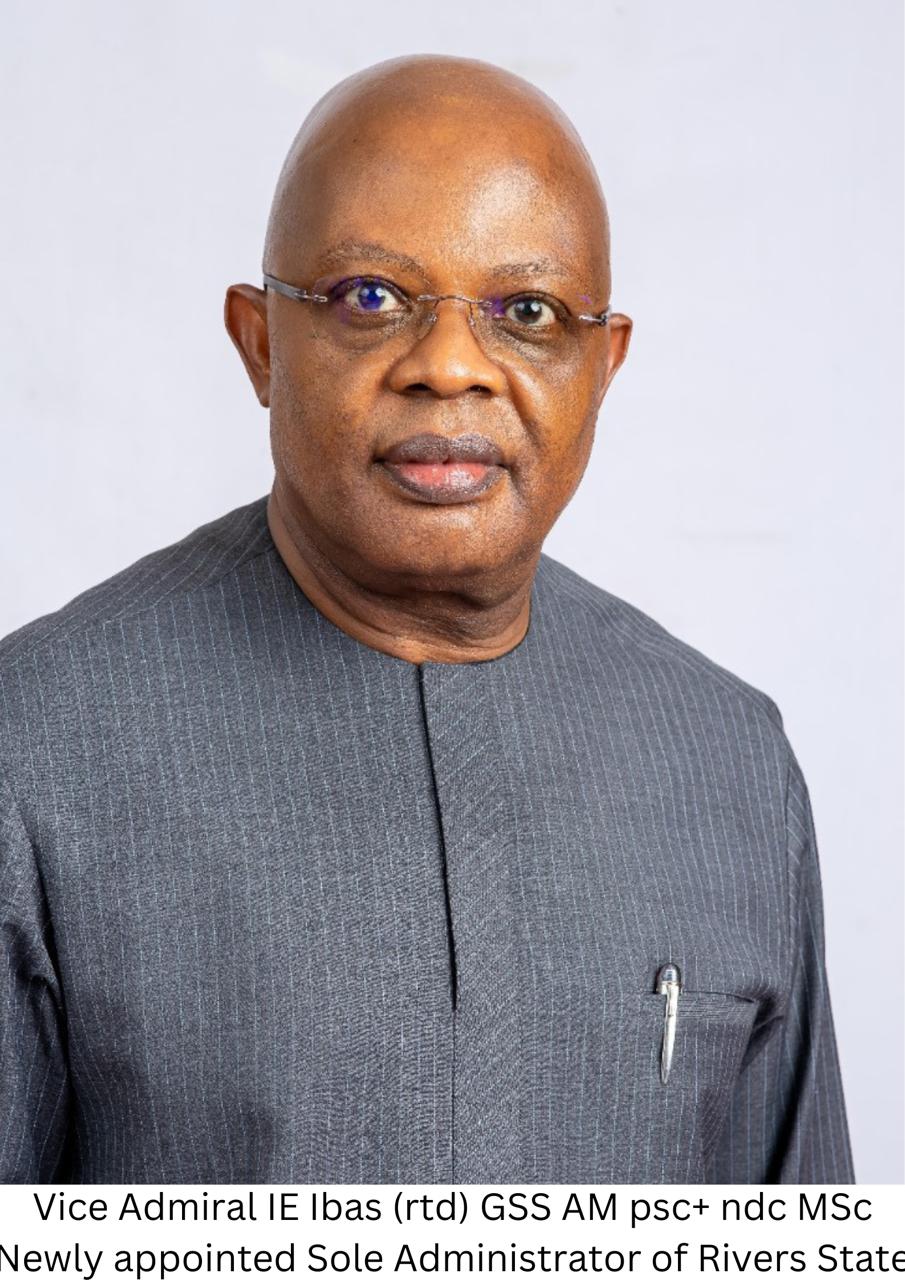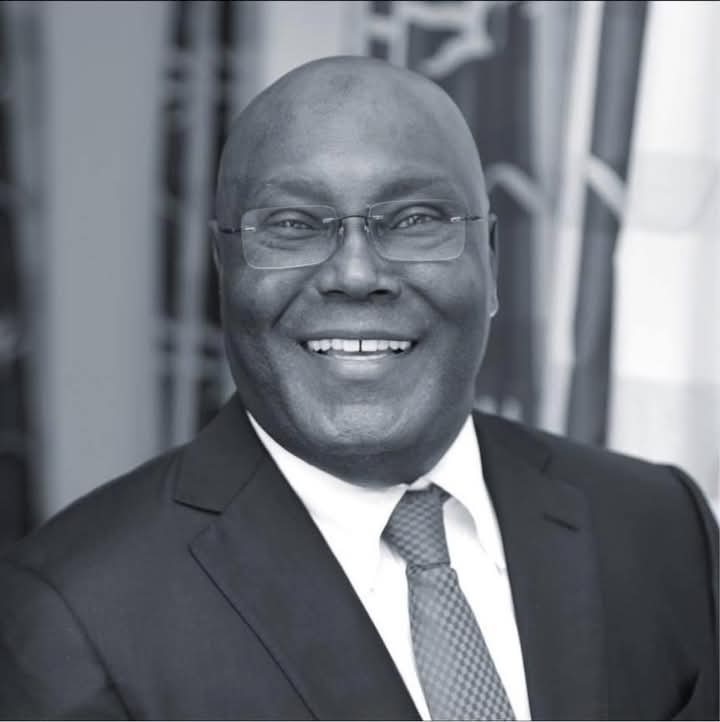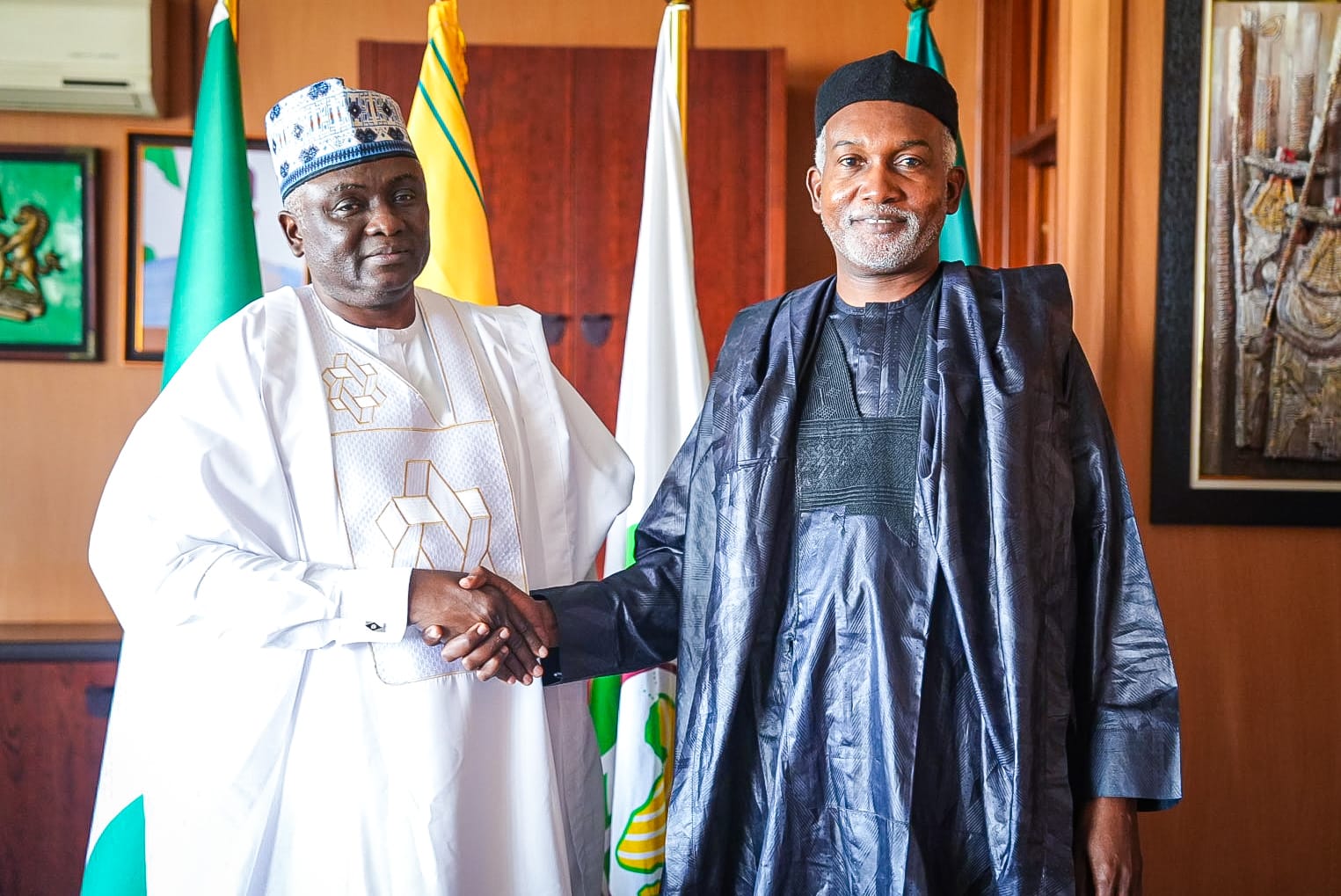Muruako Explains Why States Should Set up Fiscal Commissions, Commends Benue Governor.
By Helen Udoh-Abuja
Chairman of the Fiscal Responsibility Commission (FRC), Abuja, Mr. Victor Muruako, Esq. has explained reasons why state governments should enact Fiscal Responsibility Laws and set up related Commissions, saying macro-economic stability for the country cannot be achieved by the Federal Government alone.
Mr. Muruako also commended the Governor of Benue State, Samuel Ortom, for setting the Fiscal Responsibility Commission in addition to having an enabling law in place and urged other state governors to tow similar paths for the sake of national economic growth and development.
Muruako said these during the opening of a five-day capacity-building session for the chairman and members of the Benue State Fiscal Responsibility Commission, held in Abuja on Monday.
This was contained in a statement signed by Bede Anyanwu,Head, Strategic Communications, FRC on Monday and made available to Outlook media in Abuja.
He said the FRC is “committed to partnering with States and Local Governments towards strengthening the fiscal responsibility ecosystem in Nigeria as a nation has one macro-economy and its components such as States and Local Governments, in the case of Nigeria, are indispensable in achieving positive outcomes in key indices of economic development, including macroeconomic stability, debt sustainability, accountability, transparency and sustainability, amongst others.”
The FRC chairman stressed that “it will be near futile to faithfully implement the Fiscal Responsibility Act at the federal level” without instilling fiscal discipline in the state given that the revenue allocation formula places 48% of the federation revenue with the Federal Government while 52% goes to States and Local Governments.”
He said further: “When you add the IGRs of states and LGs to their allocations from the federation account, their relevance become even more pronounced. Subnational governments cannot be overlooked or neglected in the desire to harness the benefits of properly managed public revenue, spending and debt.
“When macroeconomic management is mentioned, people tend to think of it as the sole responsibility of the Federal Government, with the Federal Minister of Finance as the arrowhead. While that is not altogether false, it needs to be seen and acknowledged that the collective fiscal activities of states and local governments outweigh those of the Federal Government. Hence, to work hard at controlling unemployment, inflation, security, transparency, accountability, sustainability, macroeconomic stability, etc without a commensurate commitment of states (in particular) and local governments is like mopping the floor with the tap running.”
While calling on State Governments that are yet to conclude the process of enactment of Fiscal responsibility laws and establishment of independent Fiscal Responsibility Commissions to take immediate steps to that effect, Mr. Muruako expressed “our high regards for the Benue State Governor under whom the Benue Fiscal Responsibility Law was enacted,” adding that the Governor went beyond setting up the Commission but also “authorized you to come to Abuja and interact with the heart of the fiscal responsibility ecosystem in West Africa. I commend him for this and urge other states to take a cue from Benue State.”
He stated that the exercise by the Benue FRC is a “product of the efforts and engagements of our Commission with state governments and other key stakeholders over the years. In deference to Section 54 of the Fiscal Responsibility Act” while commending “the patriotism of our staff (that) kept us moving. We were forced by the circumstance of our origin to become pathfinders in issues of fiscal responsibility management, in line with the stipulations of the FRA 2007. We have not disappointed. We have learnt. We have grown. We have done well. Over the years, our presence has been established in the Committee of MDAs.”
Speaking also, the acting chairman of the Benue State FRC, Mr. Igyuse Yahuza, commened the efforts of Mr. Muruako and his officials and said his team was in Abuja to “study your office work outlet and bring it to bear on our day-to-day function in Benue State.”
The five-day capacity-building exercise will feature briefings from directorates of the FRC, Abuja as well as presentations from sister agencies like the Debt Management Office (DMO), Economic and Financial Crimes Commission (EFCC), and the Independent Corrupt Practices and other related offences Commission (ICPC).












